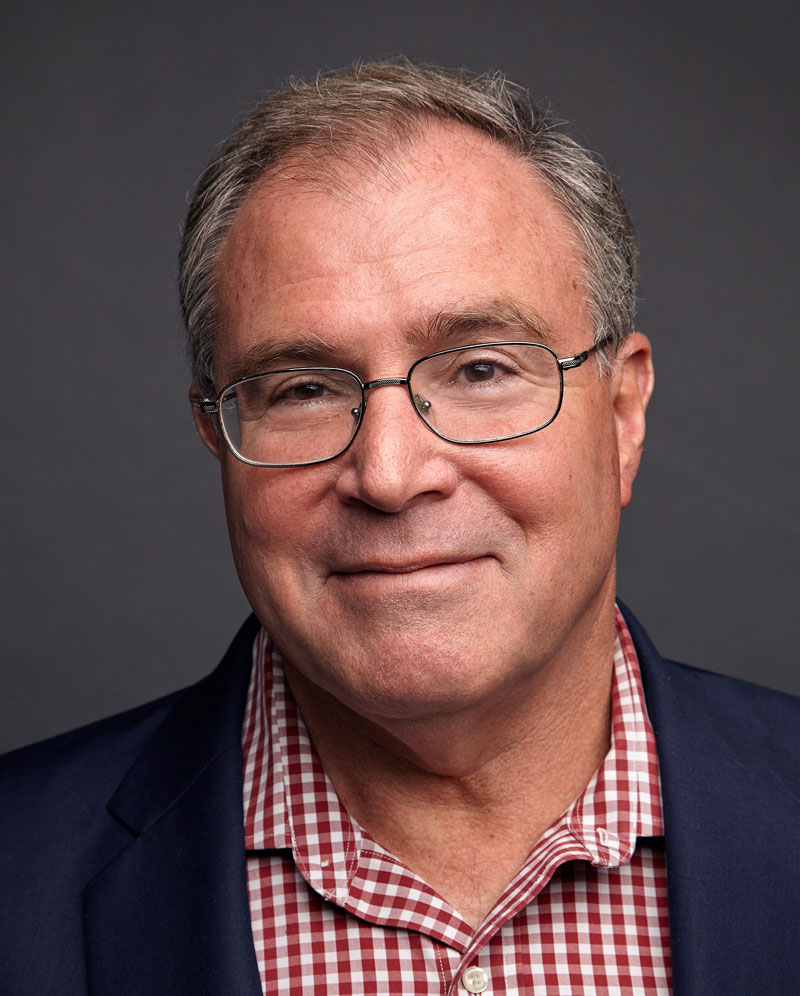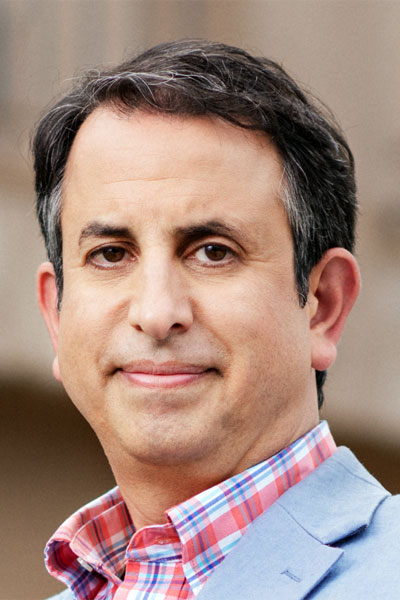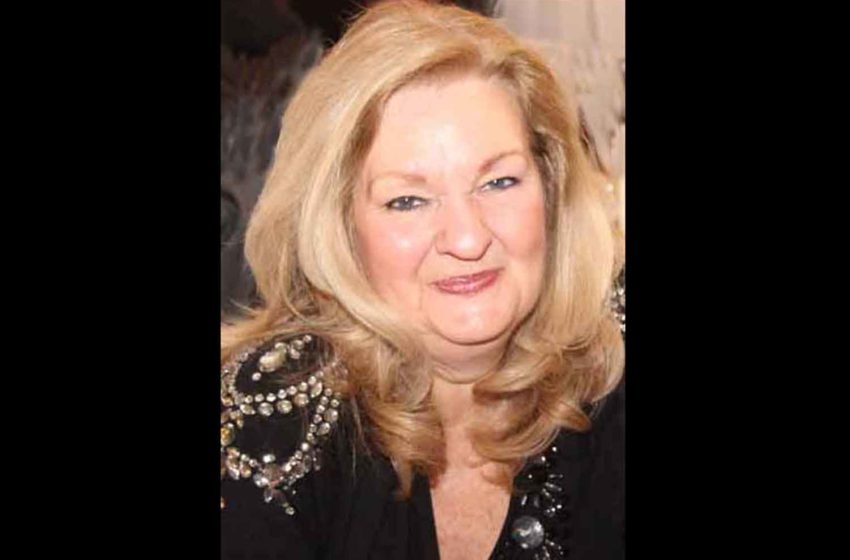
Medical licensing of e-cigarettes and nicotine pouches should be an urgent priority.
By Derek Yach
The alarm about the risks of products to health is usually first sounded by physicians. That was certainly the case with tobacco and health. The 1962 Royal College of Physicians (RCP) Report on Smoking as well as the 1964 Surgeon General’s (SG) Report on the same topic were led by physicians and drew upon the best epidemiological evidence available. The reports’ statement that “smoking kills” led to rapid changes in physicians’ smoking behavior well before regulators took up the challenge. The world had to wait eight years before the World Health Organization passed its first modest resolution on smoking. Only then did modest public health policies emerge.
Internationally, the evidence is clear: No country experiences a serious decline in their smoking rates before it declines among physicians. And it takes about a decade before the population benefits start appearing. Globally, smoking rates among men approach 40 percent to 50 percent in countries as diverse as China, Bulgaria, Jordan and Bangladesh—or 50 years behind where the U.K. is today. Smoking rates among the physicians in these countries are about the same. There are few examples of physician-led reports like those of the RCP or SG from middle-income or lower middle-income countries. In such settings, we cannot expect to see substantial progress in ending smoking if we stick with the status quo.
Physician Leadership Is Crucial for the Introduction of Innovative Interventions
Innovations in healthcare are usually led by physicians armed with solid epidemiological and clinical data showing the benefits of new interventions for patients and the population. Physician leadership gives credibility to new products. The opposite is also true. Products that are not endorsed or approved by physicians rarely achieve population benefits and may face stiff regulatory approval.
Sluggish Progress on Improving Cessation Outcomes
For decades, physicians have followed a “medicalization” path to cessation, so it is not surprising that they have neglected tobacco harm reduction (THR) options. The basic advice given by physicians has changed little. Quit cold turkey, counseling, nicotine-replacement therapies (NRTs) and a few other pharmaceutical and behavioral services remain the mainstay of cessation. None have success rates that exceed 15 percent over the year, and most are associated with repeated relapses. The World Health Organization’s own reports to the World Health Assembly this year pointed to slow progress in addressing cessation. Numerous reports, such as those issued by the Foundation for a Smoke-Free World, have pointed to the failure of the pharmaceutical industry to bring better cessation tools to the market despite advances in behavioral and neuroscience that have led to new therapies for a range of diseases.
It is long overdue that physicians have access to far more efficacious and effective ways of ending smoking. We now have a full range of feasible options that have been authorized by the U.S. Food and Drug Administration as “appropriate for the protection of public health”: heated-tobacco products, e-cigarettes, snus and most recently nicotine pouches. E-cigarettes and nicotine pouches are well placed to form the basis of a new approach to cessation and harm reduction.
How Do We Engage Physicians in Scaling up Access to These Lifesaving Products?
Recent experience shows that physicians have been resistant to these products for several reasons. They fear these are a new tactic by the tobacco industry to keep the next generation addicted. They seek data on long-term benefits. They are bamboozled daily by well-funded nonprofits and WHO messages about the dangers of these products for kids, and the impact of them on cancer or heart disease. The fact that none of this is based on science has not stopped the opposition.
Could Medically Licensed Products Break Through and Reach Physicians?
I strongly believe that they could.
At a recent Keller and Heckman meeting, Ian Fearon, chief scientific officer at McKinney Scientific Advisors, described the “halo” effect of having medically licensed e-cigarettes on the market. To get medically licensed requires proof of quality, safety and efficacy. Once achieved, this could legitimize the category and open the doors to widespread physician acceptance of the products. The same could happen with nicotine pouches.
This could start to erode distrust of these products by physicians as they use them and advise their patients to use them. The predictable positive outcomes would accelerate adoptions and use.
Recall that almost 50 percent of male doctors in many low-income and middle-income countries and countries across the Middle East smoke. Helping them to switch first deserves concerted effort. And having a new medically licensed e-cigarette or nicotine pouch could well trigger the desired cascading impacts on their patients and then among the general population.
The process to obtain a medical license has been well outlined by the FDA’s Center for Drug Evaluation and Research (CDER) and the U.K.’s Medicines and Healthcare products Regulatory Agency (MHRA). Neil Benowitz et al. (see below) and Fearon have stressed that CDER requirements are particularly onerous. The MHRA process is more “encouraging.” According to them, a major benefit of the MHRA is that studies required can be conducted in any country whereas only U.S. studies are accepted by the CDER.
A unique authoring partnership between people who usually disagree about the value of THR concluded that the CDER should “reach out to companies that may be interested in developing smoking cessation products” and indicated that that could include medically approved vapes. Authors included Benowitz and Ken Warner, known supporters of THR, and Matt Myers and Joanne Cohen, who until now have opposed THR.
They commented that “the deadliest form of nicotine delivery has been subject to limited oversight whereas products marketed to help people quit face far more regulatory barriers.” The fact that agreement can be reached on the value of THR in the context of medically licensed products should be taken as a signal to how broader acceptance might happen.
Mitch Zeller, previous head of the FDA’s Center for Tobacco Products, jumped into this field recently and urged action on medical licensing when he announced that he had joined a company aiming to bring a medically licensable vape to market.
Why Has Industry Not Led the Way?
There can be little doubt that the pharmaceutical industry and leaders in the tobacco industry have long had the scientific knowledge and technical capabilities to develop medically licensed equivalents to e-cigarettes and nicotine pouches. So why has there been no progress? Are short-term commercial interests taking precedent over health needs? I suspect this is a major factor delaying progress by large companies. But thankfully, smaller entrepreneurial companies are pursuing medical licenses at considerable cost to them.
In addition to commercial interests, industry leaders and analysts have mentioned three other issues as hampering to progress:
- Concern that the WHO and anti-harm reduction activists would mount campaigns against them.
- Tobacco companies fear that a medically licensed product would reach a small part of the market—people with early symptoms of disease or those deeply concerned about their health. That might turn off other smokers seeking to use safer products for recreation and pleasure. They do not want to be stigmatized as being “patients.”
- Any innovation or improvement to a medically licensed reduced-risk product needs costly, lengthy and comprehensive re-appraisals by the regulating body with no guarantee of consumer acceptance. For industries specializing in fast-moving consumer goods, this can be a deterrent.
What Is the Size of the Market?
Companies need to look at data on the burden of disease and at data they have showing that an extremely high percentage of e-cigarette users switched from combustibles for health reasons. Global burden of disease data shows that 8 million people die annually from tobacco use. That figure hides the fact that hundreds of millions of tobacco users have early symptoms or signs of cancers, heart and lung disease or tuberculosis. It hides the fact that over 50 percent of people with serious mental illness smoke, that about 60 percent to 70 percent of people with early chronic obstructive pulmonary disease, tuberculosis and schizophrenia smoke at the point they are diagnosed. And that figure does not change much during their treatment, suggesting physicians’ failure to help their patients end smoking.
It is not surprising that a recent Bloomberg analysis suggests that the size of the nicotine-replacement market could reach $100 billion by 2028. That should stimulate companies to invest in medically licensed options that consumers demand and enjoy in unprecedent numbers.
How Would These Products Be Marketed?
Marketing strategies would need to distinguish between products that are medically approved versus others. There are many precedents for designing marketing plans to reach two different audiences using the same basic product. The most recent being how Ozempic addresses the needs of people with diabetes while Wegovy (both made by Novo Nordisk) addresses obesity. Two brands, one set of active ingredients. In an analogous way, initially NRTs were prescription-only in most countries but were changed to “over the counter” use to improve access to “essential medicine,” and NRTs are noted as such in the WHO Model List of Essential Medicines.
I could see this developing a comparable way for e-cigarettes and nicotine pouches.
Conclusion
There is a massive untapped need to get more efficacious cessation products on the market. Medically licensed e-cigarettes and nicotine pouches could well be the key to gaining widespread and critically needed physician support for the categories. That could unblock deep opposition to THR as it has happened with so many innovations that benefit health.










 The U.K. will embrace a New Zealand-style generational tobacco ban if the Labour Party wins the next elections, reports the
The U.K. will embrace a New Zealand-style generational tobacco ban if the Labour Party wins the next elections, reports the 








